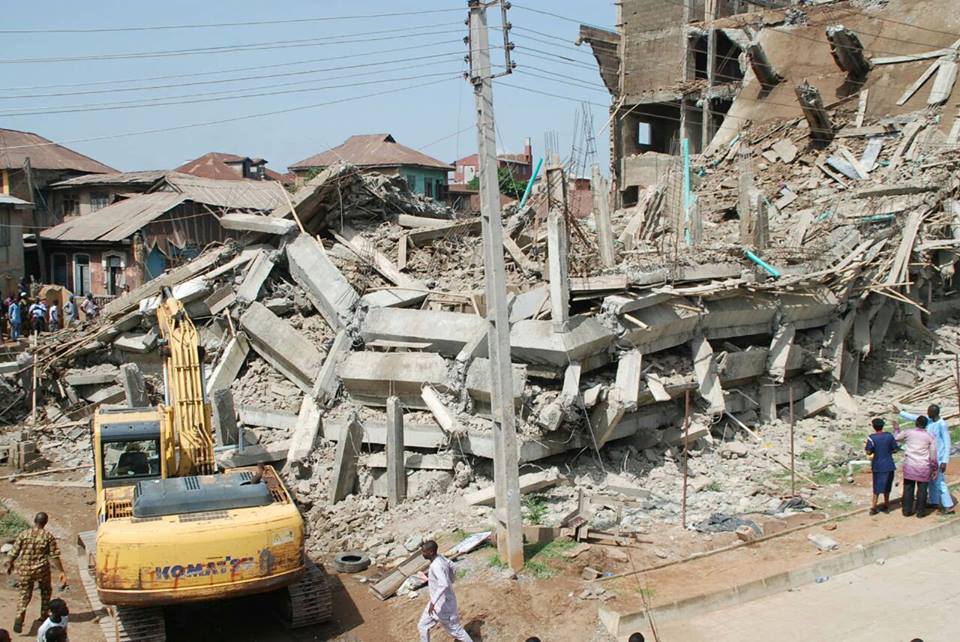Malnutrition: Saving Nigeria’s endangered children

The revelation by the United Nations Children’s Fund (UNICEF) that no fewer than 2.5 million children under the age of five in Nigeria suffer severe acute malnutrition has brought to the fore the urgent need for all hands to be on deck to stem the trend.
According to the UNICEF’s nutrition specialist, Ms. Abigael Nyukuri, an estimated 440,000 boys and girls under the age of five in Borno, Adamawa, and Yobe States are affected by the disease in 2019.
Nyukuri, who also revealed that the prevalence rates of severe acute malnutrition in the three North-East states are 11, 6, and 13 percents respectively, blamed protracted access constraints and insecurity in the region for the worsening situation.
These protracted conditions, she said, have made the severe acute malnutrition situation even worse in Rann (Kala Balge), South Yobe, Magumeri, Jere, and Konduga Local Government Areas.
This poor nutrition situation is further exacerbated by the poor food security situation, sub-optimal water, hygiene, and sanitation practices and high disease burden in the affected states.
If nothing is done to stem this tide, the key consequence of the abysmal feeding situation in several parts of Nigeria would be increased poverty levels in years to come.
This is because malnutrition has dire consequences in the life of a child. It is a vicious circle because a malnourished child has issues with development, a compromised immunity status, and impaired cognitive and intellectual capacities.
Aside the creation of massive awareness on malnutrition to enlighten the people, parents, organisations and governments at all levels need to take the desired action towards attaining a malnutrition free Nigeria.
The Federal Government, in particular, should also fill in the financial gap (about N4.4 billion) to enable sufficient provision of Ready to Use Therapeutic Food (RUTF) to the grossly affected states of Adamawa, Yobe and Borno.
While the need for the Federal Government to ensure return to normalcy in the worst affected states of Adamawa, Yobe and Borno cannot be over-emphasised, it has a responsibility to intensify awareness campaign to all actors, government and otherwise on the need for proper nutrition for children.
The role of parents, guardians in ensuring proper nutrition for children under their care is crucial. Children, as vulnerable members of the society, should be given every care they require to develop as responsible citizens and this includes provision of adequate nutrition. Parents should not sublet this responsibility to others.
There is also the need to educate more Nigerians on what constitutes a balanced diet, how to achieve this through available resources, and above all, how to bring in government commitment in production and provision of food to all, through the most affordable means.
In addition to the above measures, we are of the opinion that more efforts should be made by governments at all levels to tackle the underlying causes of malnutrition in Nigeria which include poverty, inadequate food production and intake, among others.








